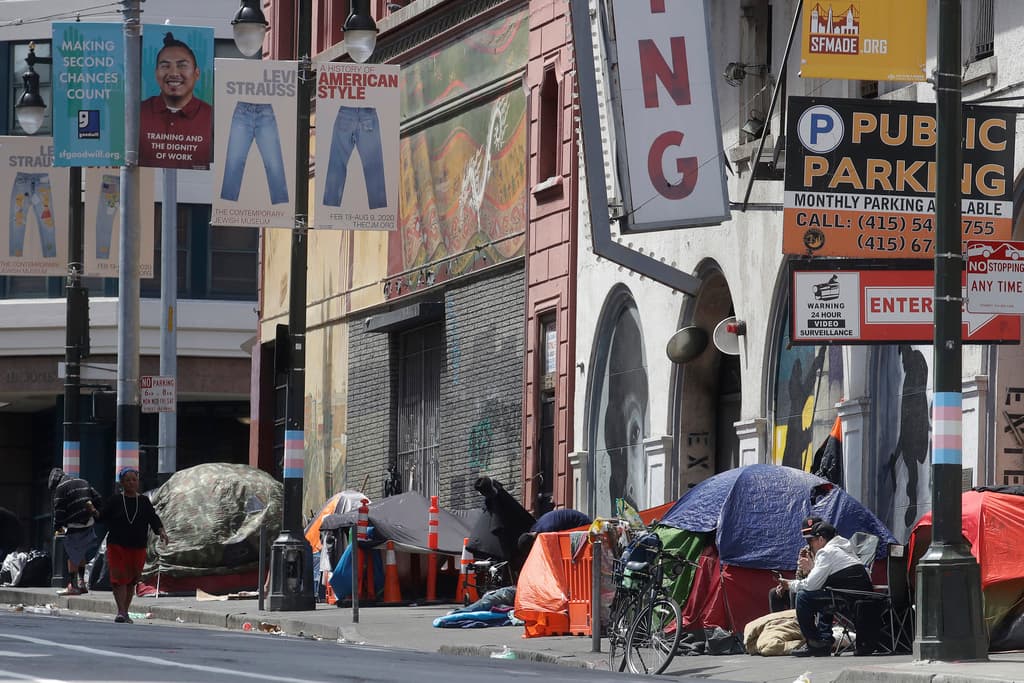Court Lifts Rule Barring San Francisco From Cracking Down on Sprawling Homeless Encampments
The Ninth Circuit lifted an order blocking the city from enforcing its public camping ordinances, which the city said had tied its hands from clearing encampments.

San Francisco will be able to enforce its ordinances that prohibit sleeping and camping on public property after the Ninth Circuit this week lifted a lower court’s order blocking the city from cracking down on the sprawling homeless encampments.
It’s an indication that homelessness policy and legal proceedings are already changing in the wake of the Supreme Court’s recent ruling in Grants Pass v. Johnson, when it held that a city enforcing generally-applicable shelter laws, even in the absence of available shelter beds, is not a violation of the Eighth Amendment’s cruel and unusual punishment clause.
A login link has been sent to
Enter your email to read this article.
Get 2 free articles when you subscribe.

